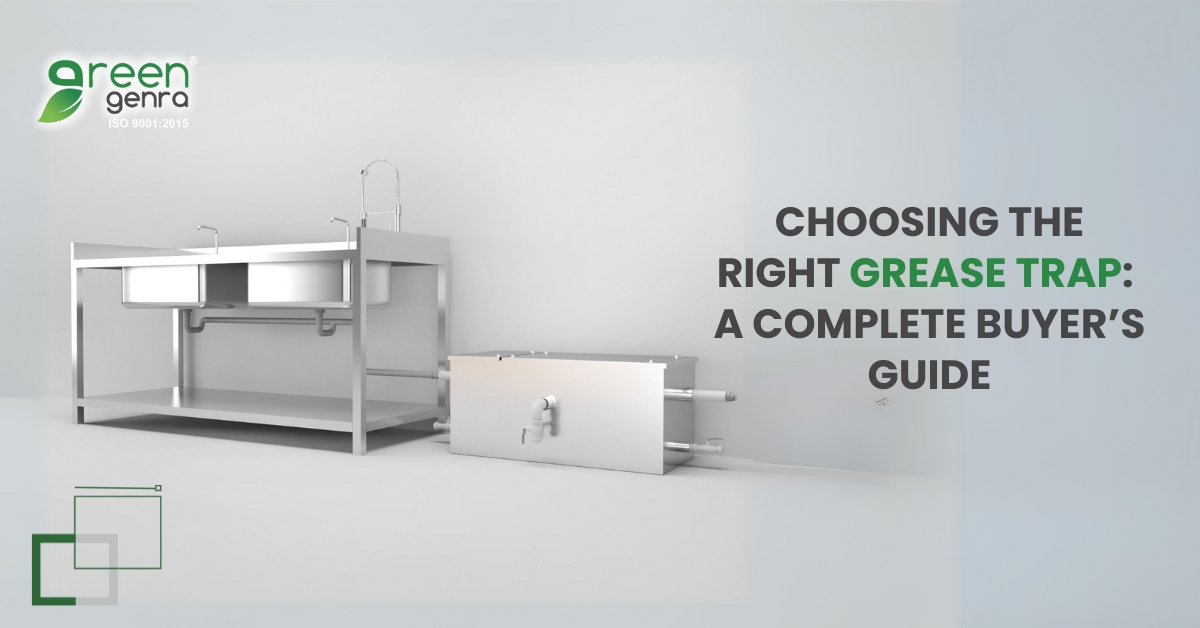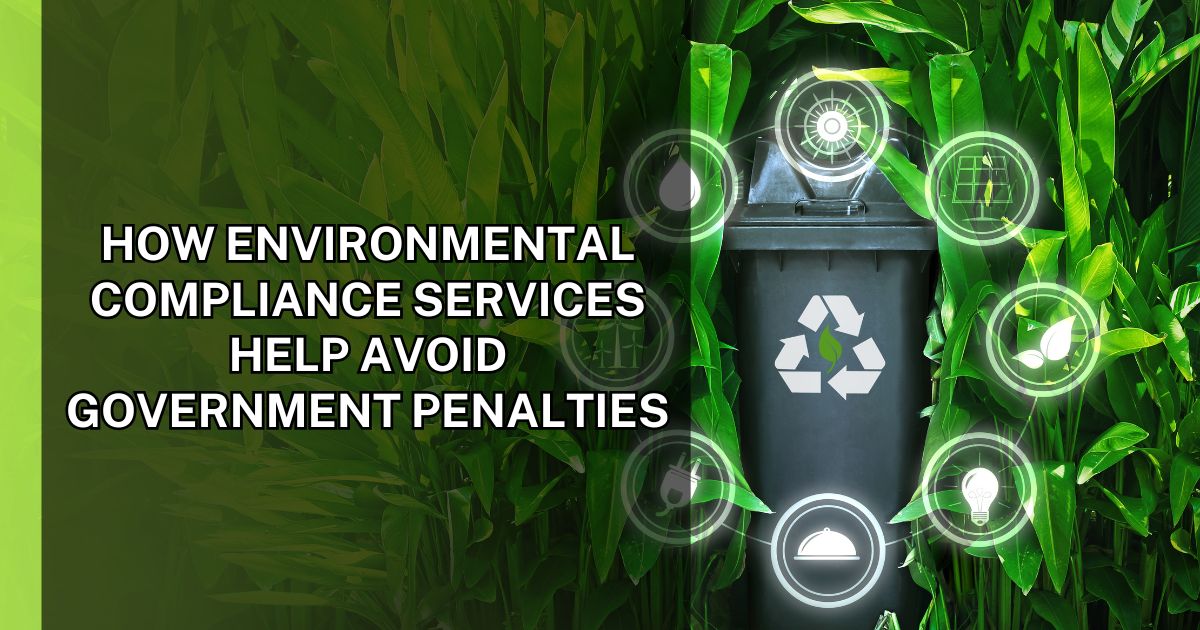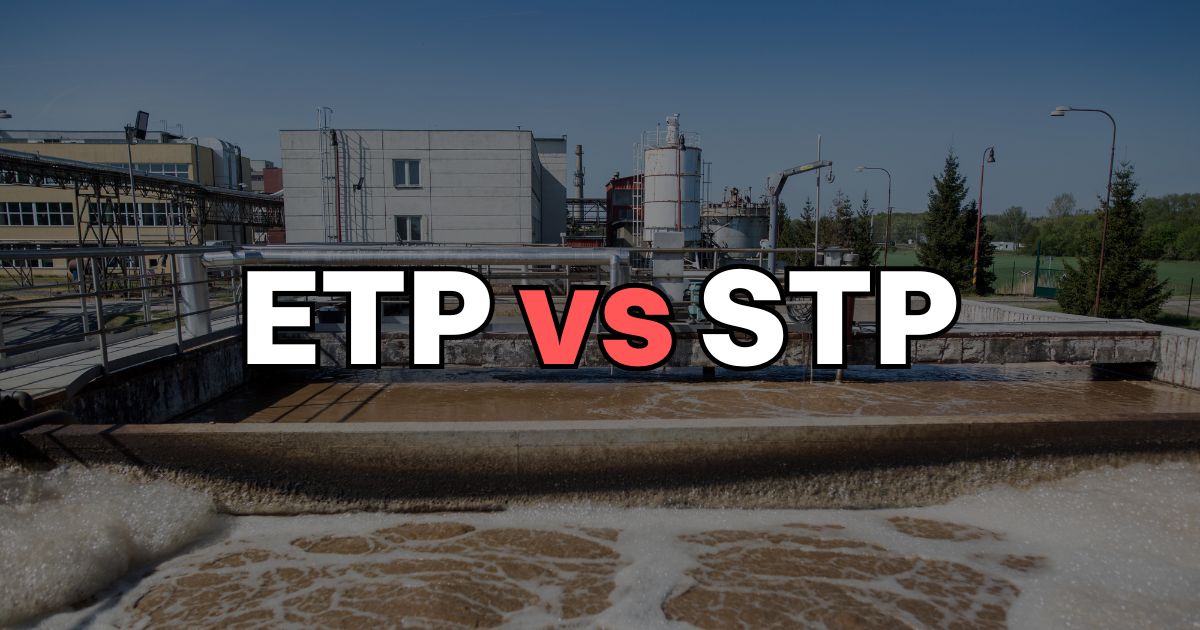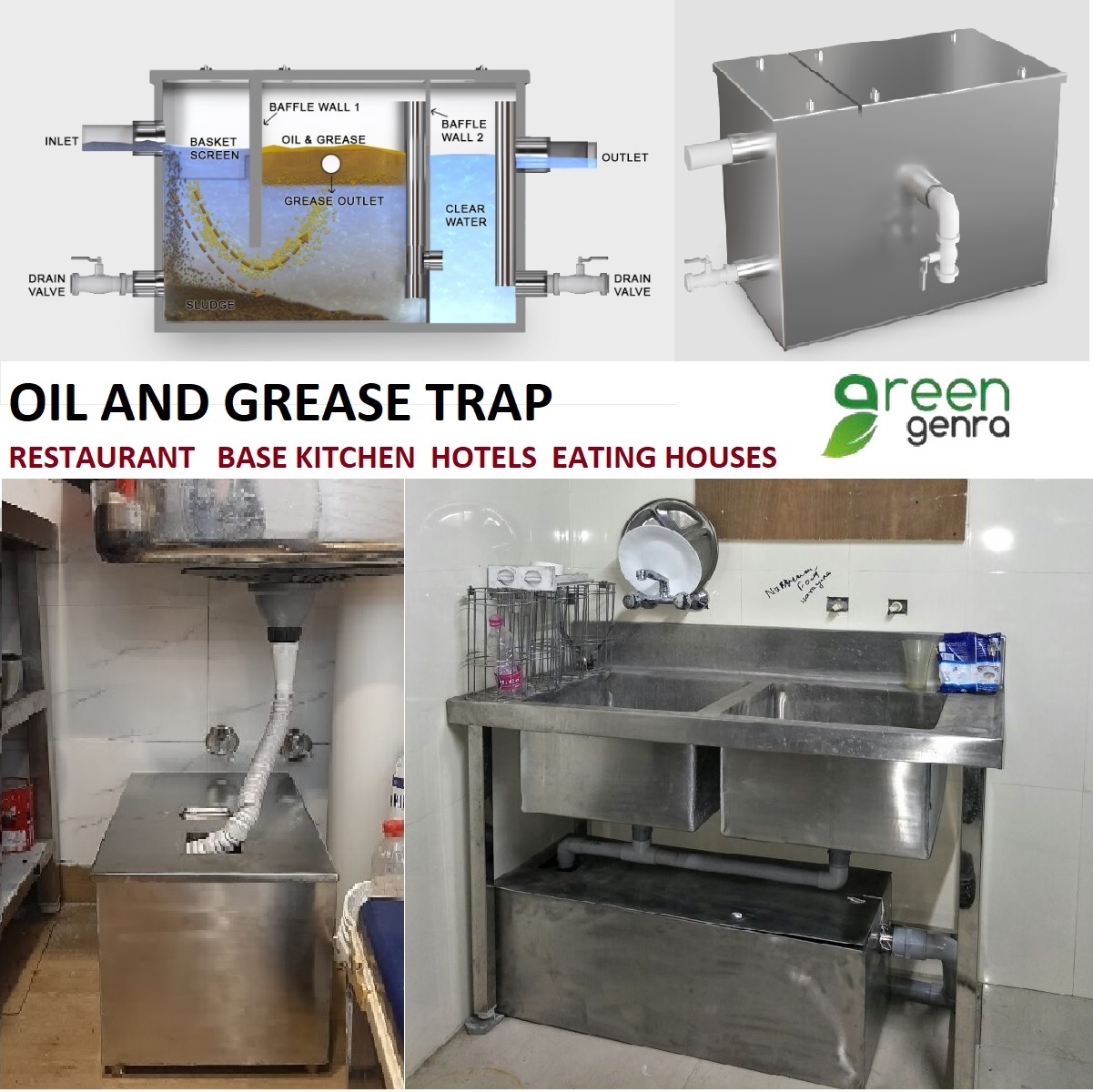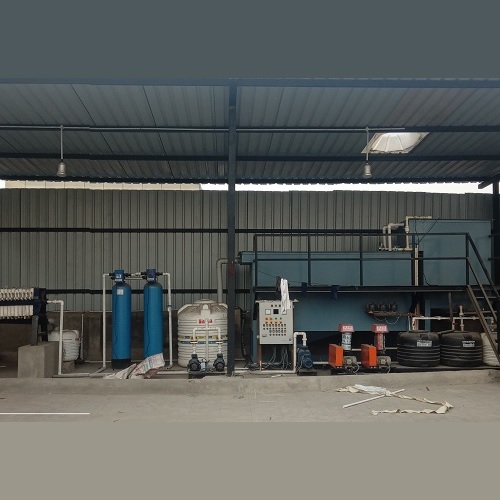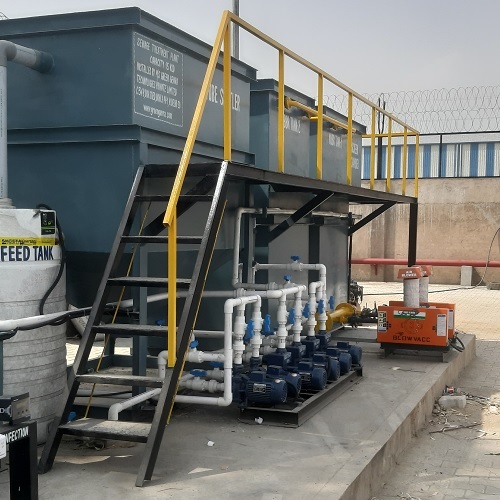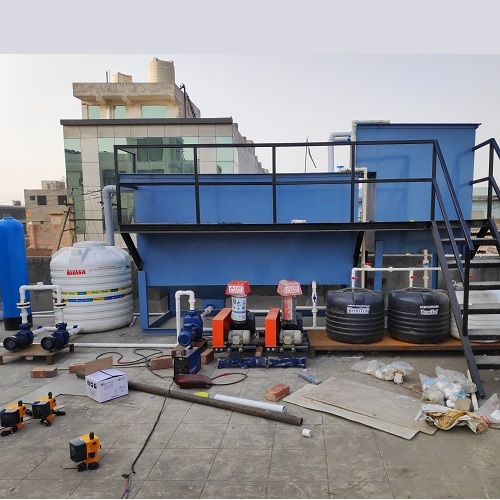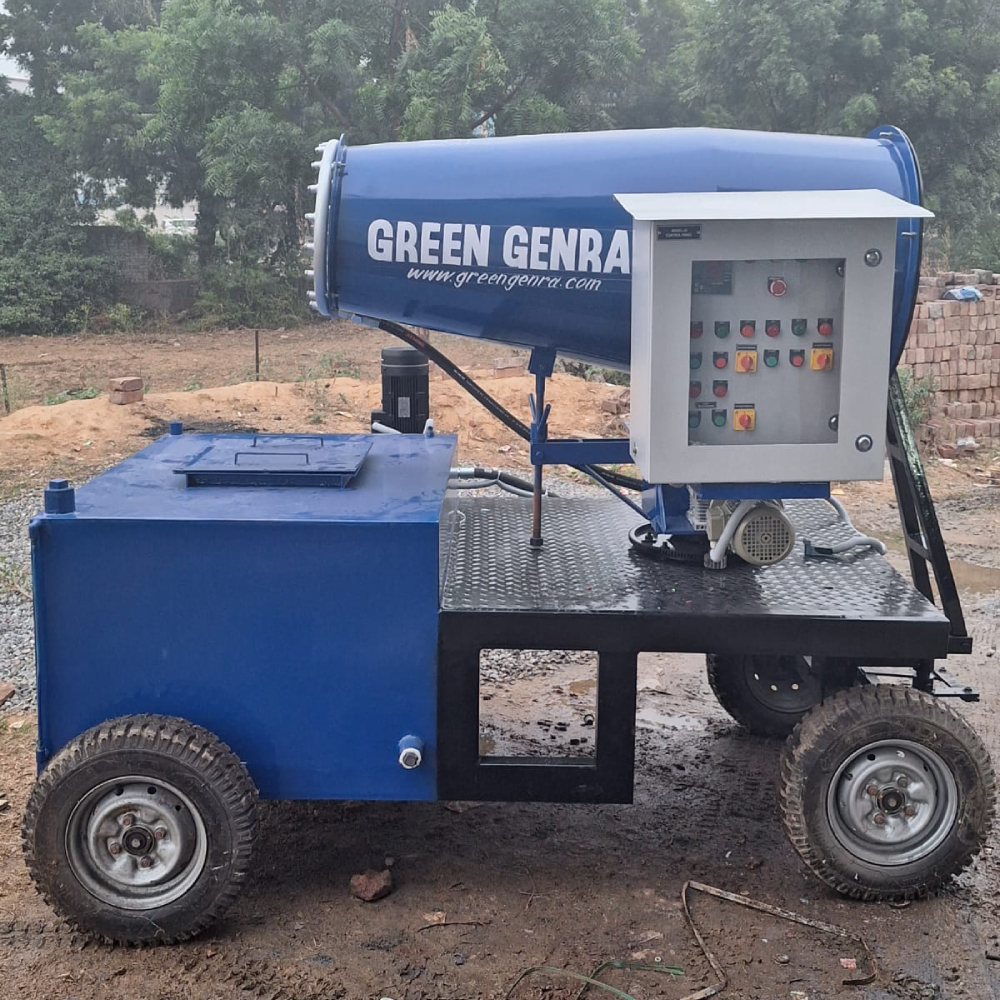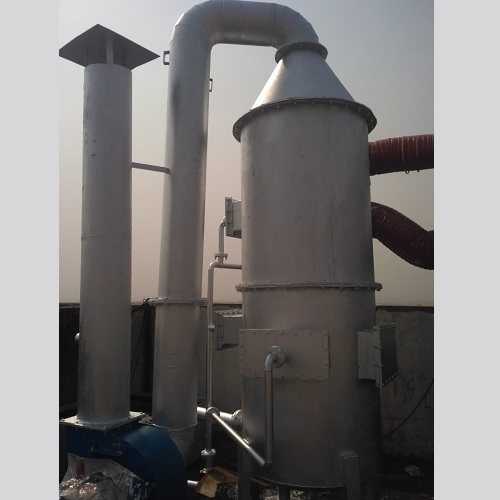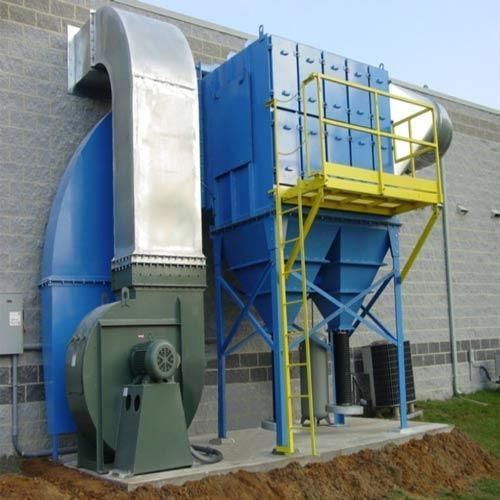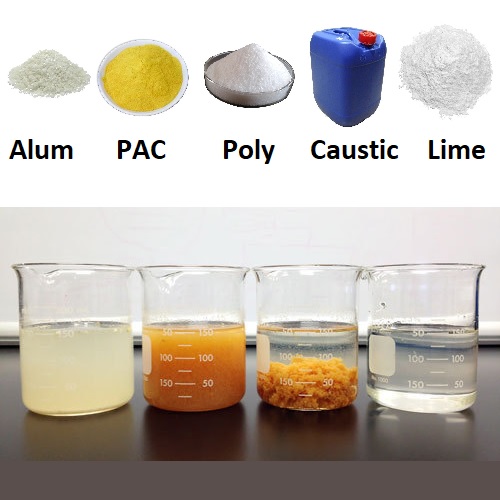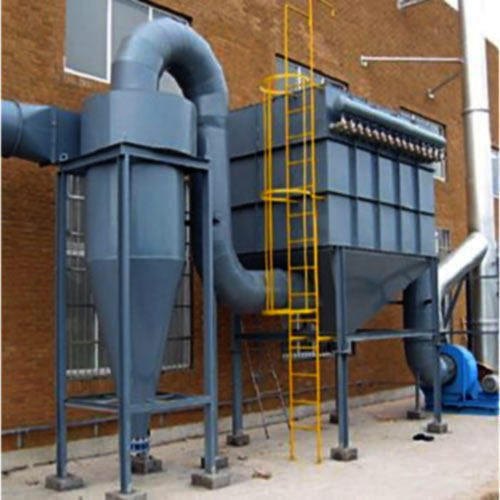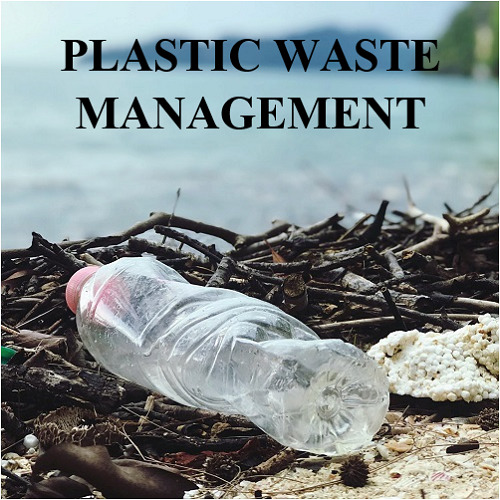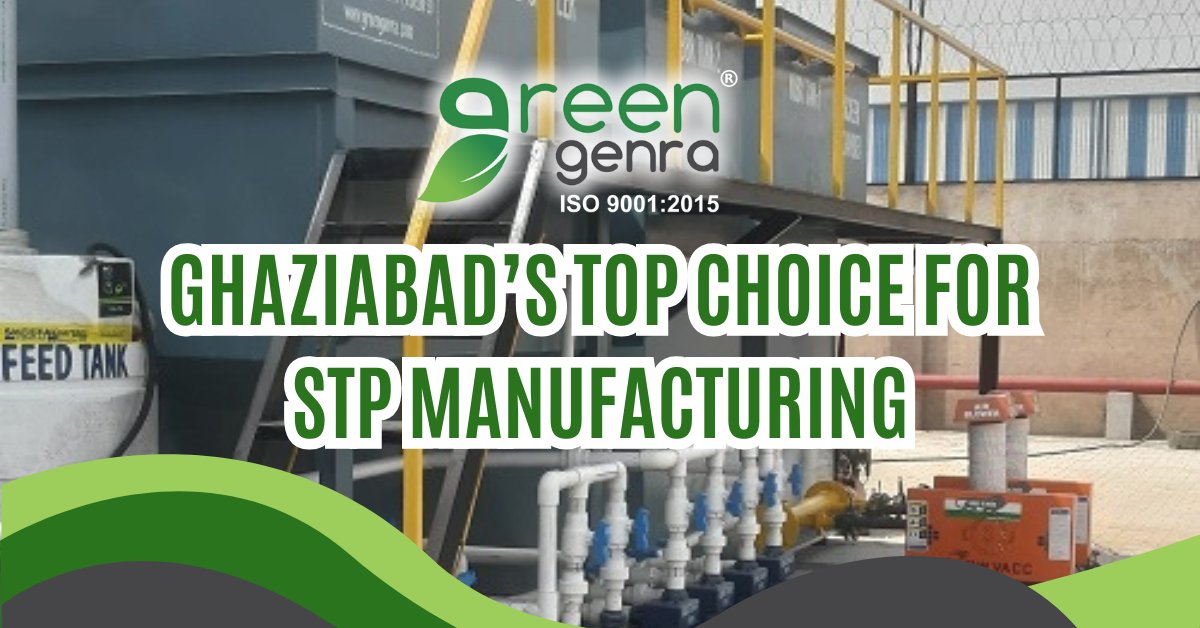Water Expo 2025 in New Delhi 28-30 August 2025 | Pragati Maidan, New Delhi India 20th Everything About Water Expo 2025 ...
What is sewage treatment plant and what are its benefits?
Sewage treatment plant is a device that turns waste water into a potable one. It makes the water fit for human consumption or release into rivers and oceans.
Sewage treatment plant supplied by the notable sewage treatment plant suppliers in Delhi is a kind of waste water treatment that removes contaminants from sewage to produce effluent that is suitable for discharge to the environment or reuse, preventing water pollution from sewage discharge.
Sewage comprise of waste water generated from households, hotels and may include industrial waste water. The sewage usually contains the high-quality organic wastes and many also consist of inorganic wastes.
Sewage if allowed to enter water sources without treating can contaminate rivers, lakes and so it is imperative to treat sewage properly before letting them into the rivers or streams.
How does the Sewage treatment plant – STP works?
Sewage can be treated with the help of the best quality STP supplied by dedicated sewage treatment plant suppliers in Delhi and it involves three stages – primary, secondary and tertiary.
- Primary stage: In this stage, sewage water is allowed to pass through screens or grit chamber where large solids are removed. This step is followed by aeration or mixing in the tank and then primary sedimentation where the suspended solids settle down. Coagulant is added in this stage to remove coarse solids, grits, grease and oils if they are present. In this stage sedimentation of solids is formed along with effluent floating above.
- Secondary stage: In this treatment effluent is treated where fine solids settle out by means of bacterial activities. It converts organic matter into stable forms via biological activities resulting in secondary sedimentation. Two common approaches are trickling filters and activated sludge method. The former is an enclosed tank with a bed of bricks and layers of microorganisms. Effluent enters this tank via inlet and trickles over the bed layer by sprinklers. Microbial activities oxidize organic matter in effluent resulting in removal of fine solids. Activated sludge method mixture of active microorganisms is added to sewage followed by aeration and agitation. The organic solids are oxidized by aerobic conditions and microbial actions resulting in coagulation, flocculation and settling of solids. Activated sludge produce a clear liquid without bad smell.
- Tertiary treatment: In this stage, the effluent undergoes tertiary treatment via UV radiation or through chlorination. Other methods like sand filters, reverse osmosis may also be used in this stage based on the nature of effluent and sewage from previous stage.
What is the principle of STP?
The principle of STP is to treat waste water via series of physical, biological and chemical processes to remove contaminants and pollutants. The main principle is to boost natural processes that occur in the environment to purify water.
By promoting the growth of Microorganisms water is purified. The microorganisms break down organic matter, settling out solids and disinfecting water to ensure that it meets standards of quality before being reused or discharged.
FAQs
1. What is meant by Sewage treatment plant or STP?
Sewage treatment plant is a device to improve the quality of waste water before it is discharged or reused.
2. What is the principle of STP?
STP use series of physical, biological and chemical process to remove contaminants and pollutants. The principle is to mimic and boost natural processes that occur in the environment to purify water.
3. Is sewage treatment good?
Yes, the STPs reduce the risk of diseases by removing harmful substances from waste water.
4. What are the three stages of STP?
Primary- (Removal of solid), Secondary - (Decomposition of bacteria and Tertiary – (Extra Filtration) are the three stages of STP.
Also Read
What are the four types of hazardous materials?
































Understanding Grease Traps: What are they, and why are they essential? Grease Traps, also known as grease interceptors, ar...
As India tackles pollution, waste management and climate change, the environmental regulations are becoming increasingly stri...
Are you planning to install ETP (Effluent Treatment Plant) or STP (Sewage Treatment Plant) in India? If so, understand the di...
Ghaziabad has witnessed an increase in several industries in the past few years. The continuously rising population and a gro...
Effluent Treatment Plant (ETP) from reliable ETP Plant Manufacturers play a key role in reducing industrial pollution by trea...
With the increasing levels of water contamination in Ghaziabad because of growing industries and a growing population, wastew...

